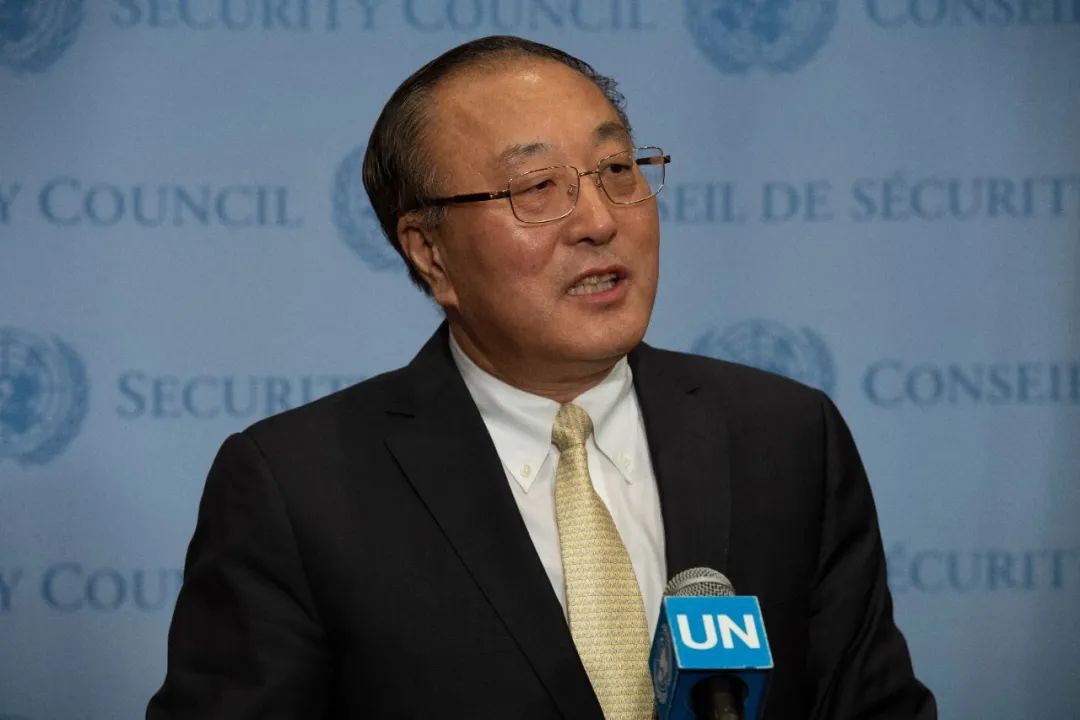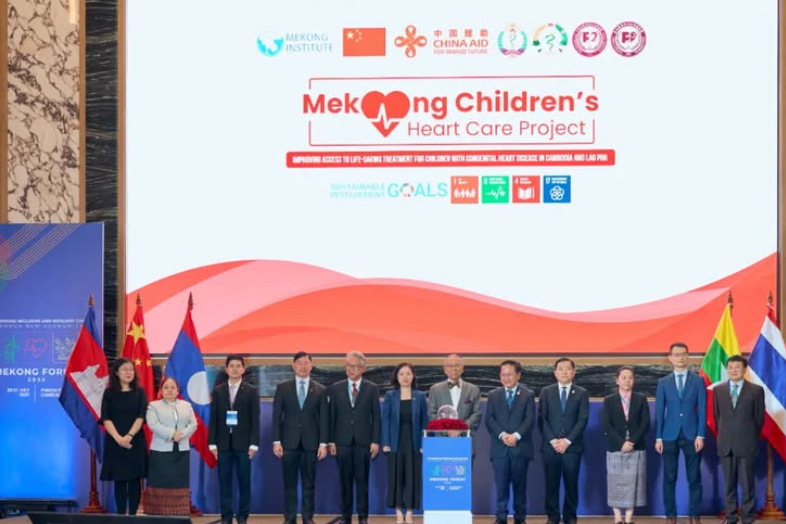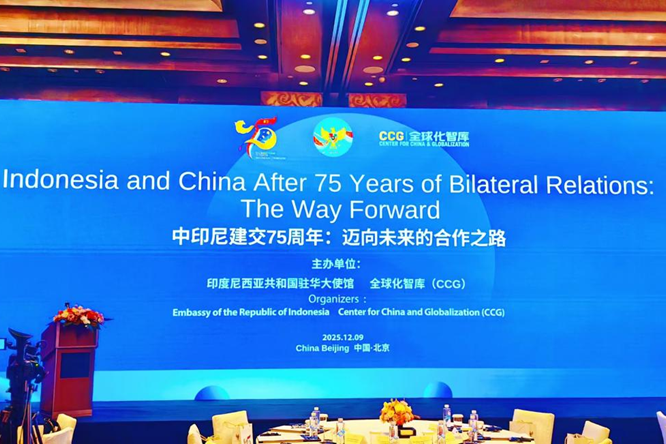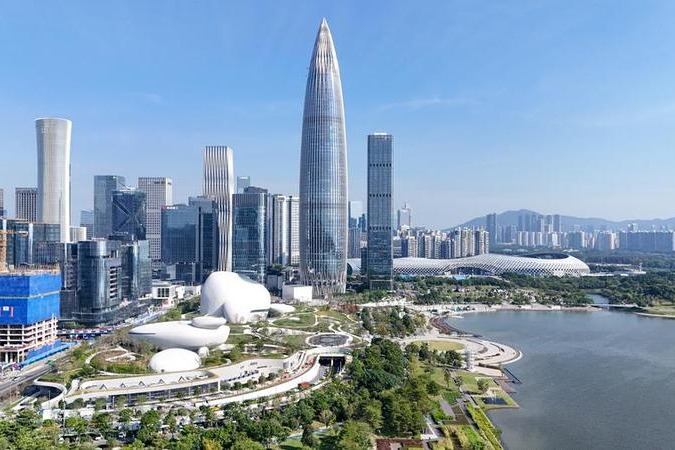China's UN envoy criticizes unilateral coercive measures


China's envoy to the United Nations on Thursday said unilateral coercive measures (UCMs) "are turning a health crisis into a moral crisis".
Zhang Jun, China's permanent representative to the UN, said at a virtual webinar that the COVID-19 pandemic is far from over, amid surging new cases, more contagious variants and a widening vaccine divide. But "at this critical juncture", UCMs imposed by some countries are "undermining global response and threatening the health of people of targeted countries".
"UCMs are illegal, unjustified and unreasonable. While the pandemic is natural, UCMs are man-made and turning a health crisis into a moral crisis," Zhang said.
The ambassador made the remarks at the virtual webinar on "the impact of unilateral coercive measures on national health systems of targeted developing countries," which China co-hosted with the permanent missions of Belarus, Bolivia, Cuba, Iran, Nicaragua, Russia, Syria, Venezuela and Zimbabwe.
Zhang said UCMs violate international law. The UN Charter stipulates that states have the duty "to practice tolerance and live together in peace with one another as good neighbors", he noted.
"No state shall apply domestic law to exercise long-arm jurisdiction over other countries. Such practices seriously violate the purposes and principles of the UN Charter, the fundamental principle of sovereign equality in international law and the basic principle of non-interference in international relations" the envoy said.
He said some countries are using unilateral sanctions to suppress legitimate governments of other states and incite ``color revolution'' and regime change. Some use UCMs as "their tool for unfair economic and scientific competitions", he added.
Zhang said UCMs result in human right crisis. According to UN reports, no "high values" could justify the violation of fundamental human rights, including the right to life, the right to health and the right to food, he said. The COVID-19 shows clearly that UCMs can be deadly for women, children, the elderly and other vulnerable population, he added.
"Some western countries impose UCMs in the name of democracy and human rights, but what we are seeing is the systematic violation of basic human rights. It is time that such hypocritical tricks come to an end," Zhang said.
The ambassador said UCMs worsen humanitarian crisis. The secretary- general and the high commissioner for human rights have repeatedly called for the lifting of unilateral sanctions to meet humanitarian needs. In reality, humanitarian assistance and trade in goods, such as medical equipment and parts, software, drug and food, is constantly interrupted or restricted, he said.
"Some countries keep talking about international humanitarian law, but never implement it. This is nothing but politicization and double standard," the envoy said.
Noting that "a just cause enjoys abundant support, while an unjust one finds little", Zhang pointed out that unilateral sanctions are strongly opposed by the international community.
The UN General Assembly has adopted resolutions against "unilateral economic measures as a means of political and economic coercion against developing countries" every two years since 1989; on "necessity of ending the economic, commercial and financial embargo imposed by the US against Cuba" each year since 1992; and on "human rights and unilateral coercive measures" each year since 1997, he said.
Among the 16 communications publicized by the Special Rapporteur on UCMs, 12 are addressed to the US, the envoy said. He urged the US and some other Western countries to listen to the overwhelming voice of the international community, lift the UCMs, uphold global solidarity against the pandemic, and practice true multilateralism.
"We call on the General Assembly, the Security Council, ECOSOC and the Human Rights Council to step up assessment on the negative impacts of UCMs and put forth targeted solutions," Zhang said.
"We call on the member states, the UN system and other international organizations to fully support the countries under UCMs, especially in their response to the pandemic," he added.
The ambassador urged all countries to abide by the purpose and principles of the UN Charter, uphold true multilateralism and the international order underpinned by international law.
"The social systems and development paths independently chosen by people of all countries based on their national conditions should be fully respected. We should strongly oppose hegemony and bullying practices," he said.
China will "continue to stand on the side of true multilateralism, the majority of the member states, and fairness and justice", Zhang said.
China will continue to fight the pandemic with the international community, Zhang said. It has provided vaccine assistance to more than 80 developing countries, exported vaccines to 43 countries, more than 350 million doses in total.
In addition, China has delivered $2 billion of foreign aid to other developing countries affected by the pandemic, and provided medical supplies to more than 150 countries and 13 international organizations.
"We call for international solidarity and cooperation to win an early victory against the pandemic, and strive to build a community of shared future and health for all," the envoy said.
































